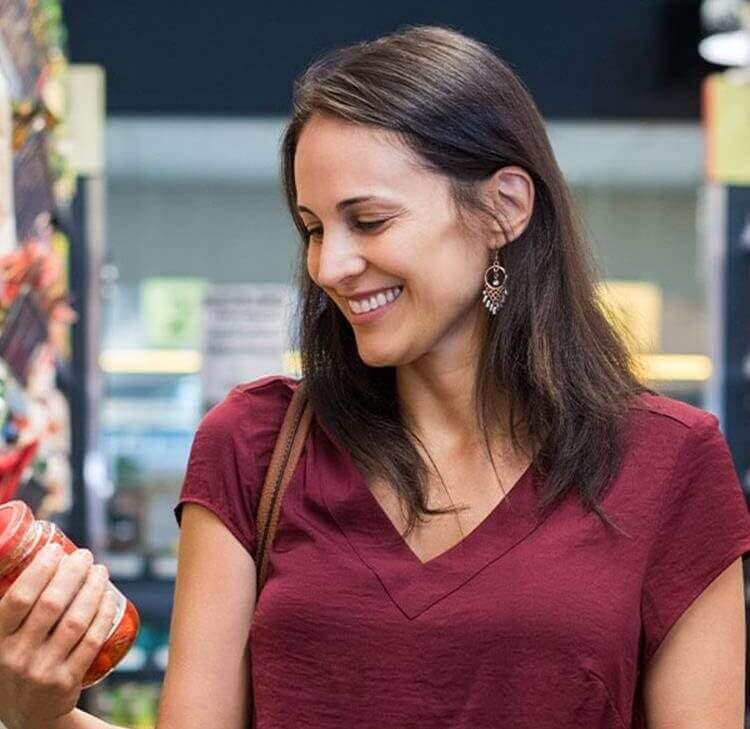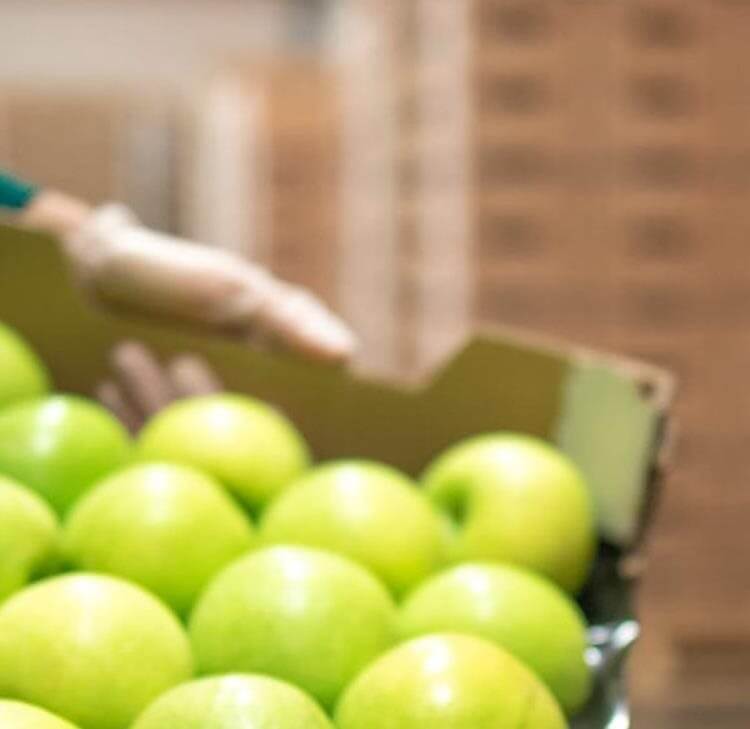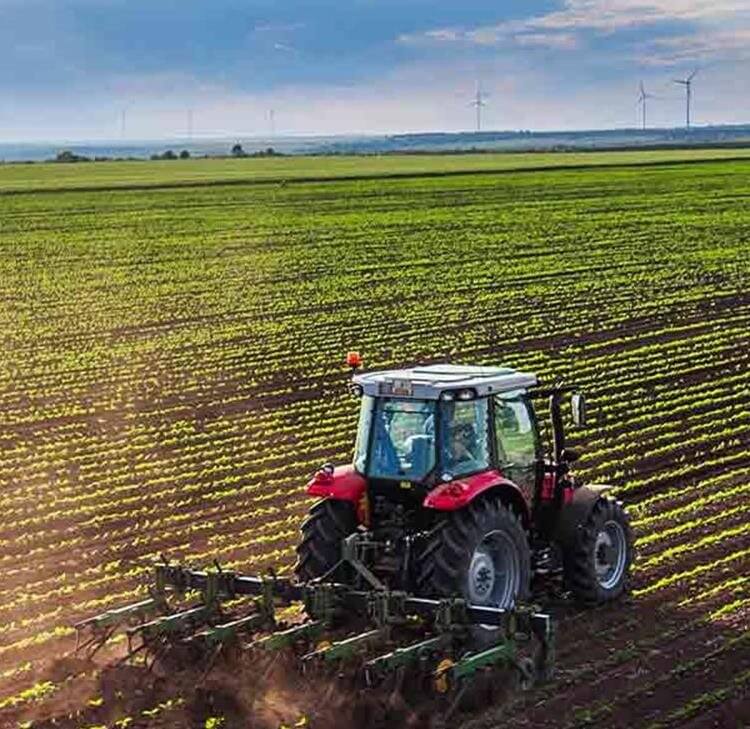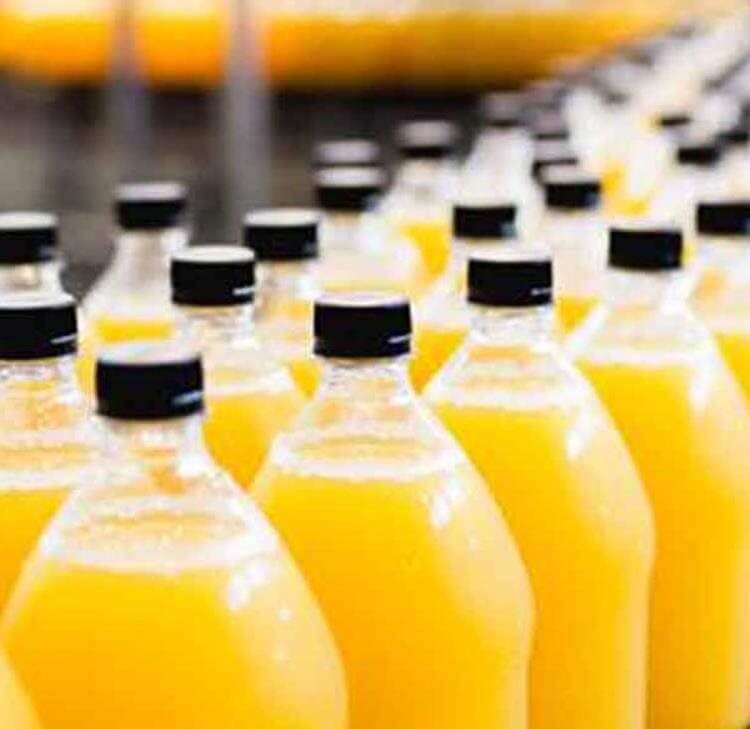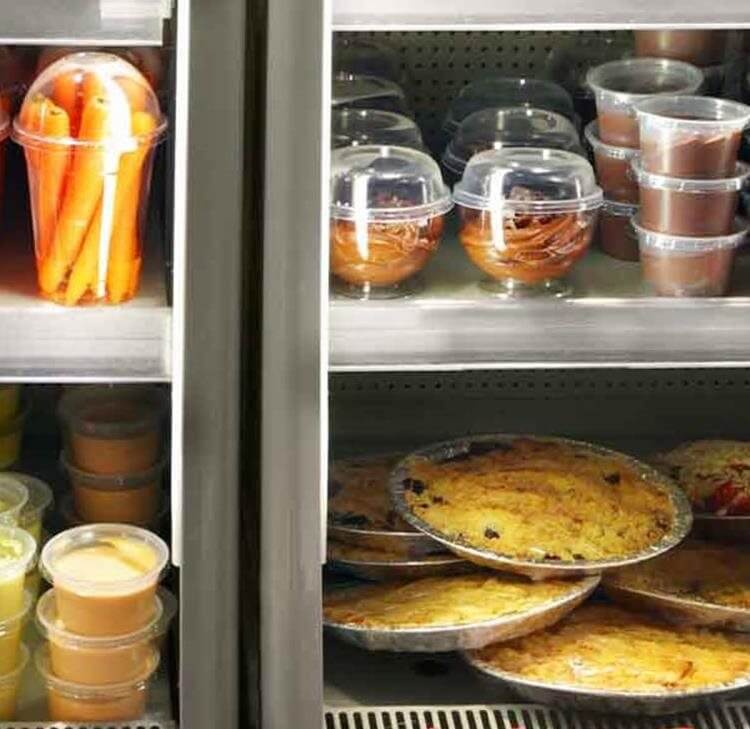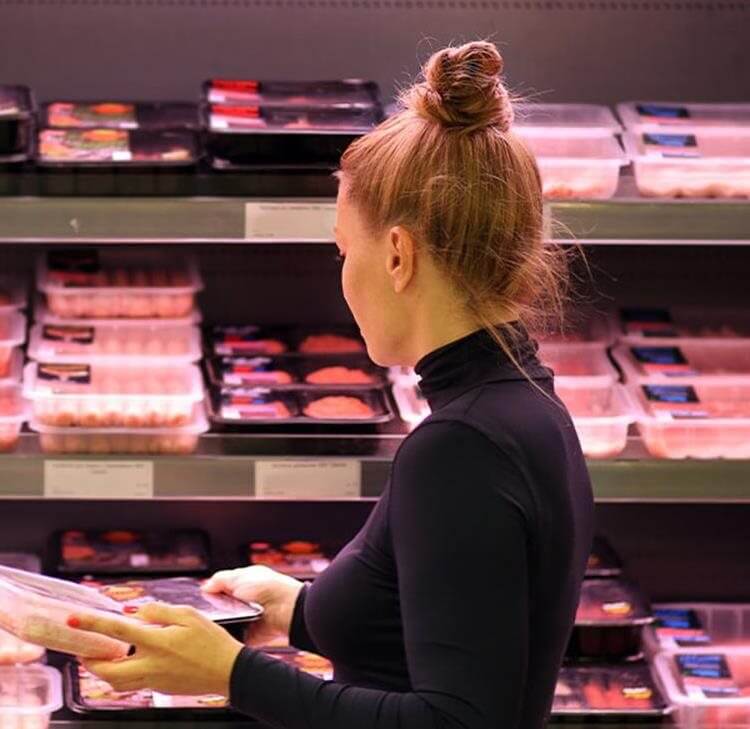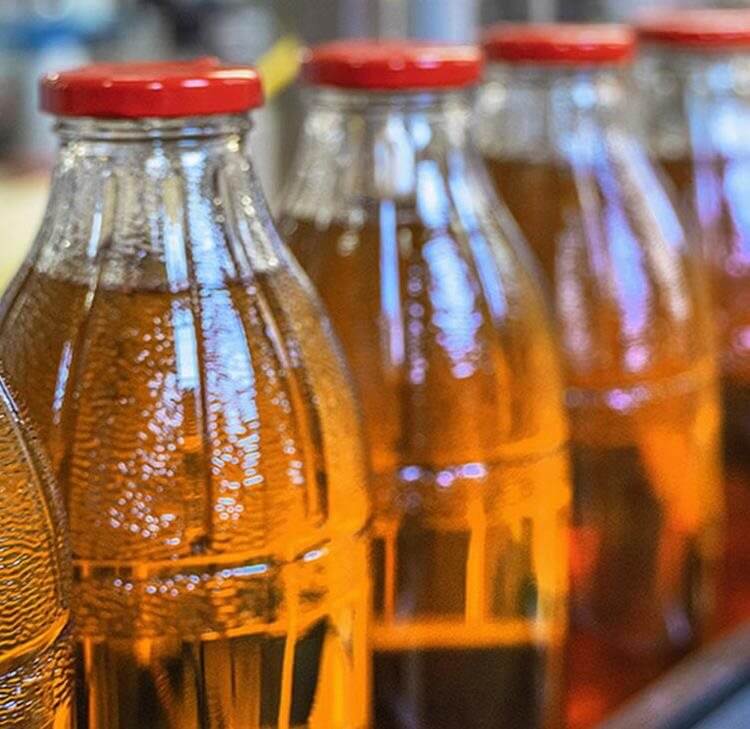The proportion of UK consumers purchasing plant-based alternative food and drink products has near enough doubled in the last decade - the pandemic acted as a catalyst for even quicker growth with fear of a shortage of meat and dairy products and factory closures increasing vegan product sales.
At the same time, consumers were reportedly swapping to plant-based alternatives in an effort to boost natural immunity. With increasingly environmentally conscious consumers and growing investor appetite for plant-based R&D leading to significant opportunities for businesses.
This was reflected in the number of transactions in the plant-based sector, with deal volumes steadily increasing and all signs pointing to this trend continuing.
Fast forward to today and the plant-based environment certainly seems more challenging with regular instances of brands withdrawing or decreasing product ranges.
Has the vegan bubble burst?
The answer is more complicated than the question suggests and is subject to many factors:
- rapid expansion led to an overcrowded market, with recent announcements possibly being a sign of the sub-sector “correcting” itself post-pandemic
- challenges have been made worse by the cost-of-living crisis with vegan products often being more expensive than meat or dairy alternatives
- supermarkets have increased their own branded vegan products which are often less expensive than their branded competitors
- the relatively new market is bound to see peaks and troughs as it establishes itself and stabilises
But it’s not all bad news, Sainsbury’s predicts that 50% of UK consumers will be flexitarian by 2025. A strong market still therefore exists and it is claimed that the global vegan market may be worth as much as £50bn by 2030.
Sales of vegan products are therefore still expected to rise over the long term however the increases in M&A activity may not be as explosive as many initially anticipated, with a greater focus from investors on innovative technologies.



